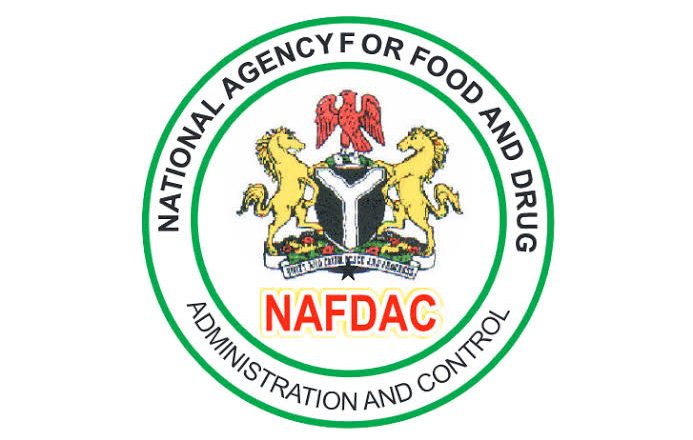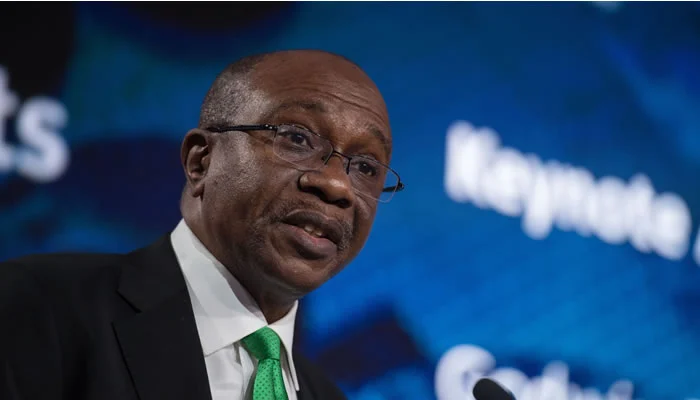The National Agency for Food and Drug Administration and Control (NAFDAC) has taken a significant step in Nigeria’s fight against counterfeit drugs by signing a Memorandum of Understanding (MoU) with the National Counter Terrorism Centre (NCTC). This groundbreaking collaboration, announced by NAFDAC’s Director-General, Professor Mojisola Adeyeye, on Friday, is designed to address a critical national issue: the misuse of counterfeit medicines for criminal and terrorist activities.
The MoU is a crucial component of Nigeria’s National Action Plan, specifically aimed at halting the distribution of drugs used for illegal activities such as terrorism, banditry, and violent extremism. By uniting forces, both agencies hope to curtail the availability of dangerous substances that could harm not only the Nigerian population but also its national security.
NAFDAC spearheads this joint initiative in partnership with the National Counter Terrorism Centre, which operates under the Office of the National Security Adviser. The move signals a new level of coordination between public health and national security bodies in Nigeria, reflecting the increasing recognition that the counterfeit drug market poses both a health crisis and a security threat.
NAFDAC’s Director-General, Professor Mojisola Adeyeye, stressed that the collaboration is essential for reducing the loss of life, particularly among Nigerian youth, and for ensuring the proper regulation and management of potentially hazardous chemicals. These chemicals, if left unchecked, could be repurposed for the creation of weapons of mass destruction by non-state actors, adding another layer of urgency to this partnership.
Counterfeit drugs in Nigeria have long been linked to severe health risks and even fatalities, but this new MoU expands the scope to address how these fake medications can be used to finance terrorism and facilitate criminal activities. By cracking down on these dangerous products, the government is not only protecting public health but also undermining a key funding source for terrorist organizations.
Adamu-Garba Laka, the Coordinator of the National Counter Terrorism Centre, echoed Professor Adeyeye’s sentiments, highlighting that this agreement is a significant tool for addressing Nigeria’s criminality challenges. “By combining our efforts and forging a united front against terrorism, we are better equipped to confront this multifaceted challenge and uphold the safety and security of our country,” Laka stated.
The new partnership reflects a broader government strategy to confront the complex web of issues that contribute to insecurity in Nigeria. By targeting the intersection of public health and security, this collaboration promises to disrupt the networks that facilitate the illegal trade in counterfeit drugs. The MoU is expected to have nationwide implications, strengthening both agencies’ intelligence sharing, surveillance, and enforcement capabilities.
The fight against counterfeit drugs is also critical for Nigeria’s healthcare system. As Professor Adeyeye pointed out, preventing the misuse of hazardous substances will ensure that dangerous chemicals do not fall into the wrong hands, potentially saving countless lives.
This latest initiative by NAFDAC and the National Counter Terrorism Centre represents a strategic step forward in Nigeria’s ongoing efforts to safeguard its population from health and security threats. It demonstrates the government’s commitment to addressing not just the symptoms of violent extremism, but also the underlying mechanisms that fuel it. As Nigeria continues to grapple with its security challenges, the collaboration offers a glimmer of hope in the fight against both counterfeit drugs and terrorism.





